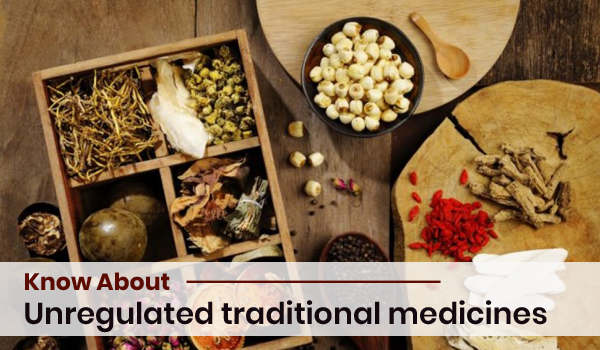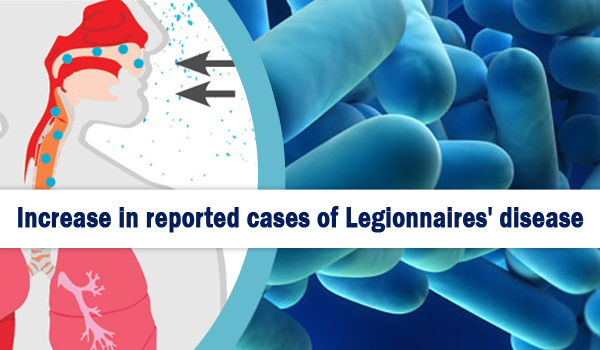What is the issue?
Traditional medicines come in a variety of forms (for example liquids, tablets, powders, creams) and may be applied or ingested for a variety of purposes.
Unregulated complementary medicines, such as some traditional folk medicines, may not be manufactured to the same quality as regulated medicines. Product labelling may be inaccurate, may include unproven claims, and may not be translated into English, with potential for undeclared and potentially harmful ingredients.
Some Ayurvedic medicines contain high levels of lead, with a number of reports in Victoria of elevated blood lead levels in patients taking Ayurvedic medications imported from India. In another example, some traditional Burmese medicines, such as powders used for ‘digestion and strength’ in babies, were found to contain arsenic in NSW. Similar Burmese products in the USA have been identified as a source of lead exposure, as has a range of other traditional medicines.
There have been no reported cases of toxicity associated with the use of Burmese powders in Victoria; however based on these reports, use of these products is not recommended as no assurance can be given about the safety or quality of unregulated complementary medicines imported from other countries.
The department is also aware of adverse reports from healing or purging rituals, for example kambo ceremonies, where secretions of exotic animals such as Amazonian tree frogs are applied to blistered skin.
Who is at risk?
Anyone who uses or consumes unregulated complementary medicines is at risk of an adverse health effect including toxicity and drug interactions. The use of traditional medicines can also have health implications if used as a substitute for conventional medicine.
Prevention / treatment
Many people will not report use of traditional medicines to their health care providers. These medicines may have been obtained directly from overseas through friends or relatives, or via the internet. It is important that health professionals ask patients about their use of traditional medicines, particularly migrants who may use these medicines more frequently.
Advise patients of the potential risks of using such traditional unregulated medicines. As well as potential toxicity, side effects and drug interactions, traditional medicines can also have health implications if used as a substitute for conventional medicine. In patients exposed to traditional medicines, consider the potential adverse effects and investigate if appropriate.
Consider testing patients for heavy metals, including lead, if exposure is suspected, as symptoms may be non-specific. Patients who are acutely unwell should be referred to the local emergency department.
More information
Clinical information
International reports regarding traditional (folk) medicines
Reporting adverse reactions to a medicine (TGA)
Talking with your patients about Complementary Medicine
Guide for health practitioners for managing individual exposure to lead in Australia
Clinical questions regarding toxicity – Victorian Poisons Information Centre, 13 11 26
Source: health.vic.gov.au








